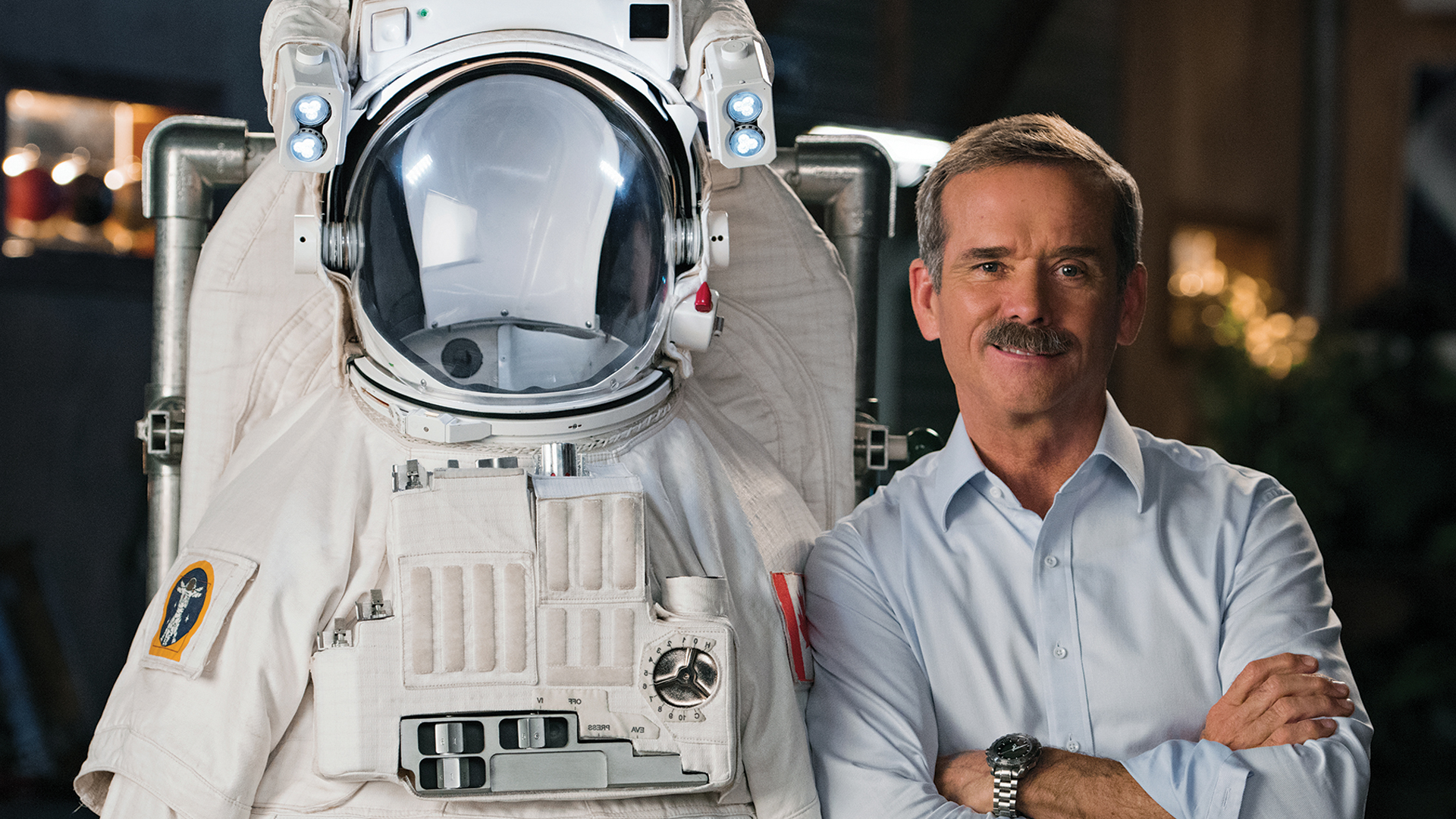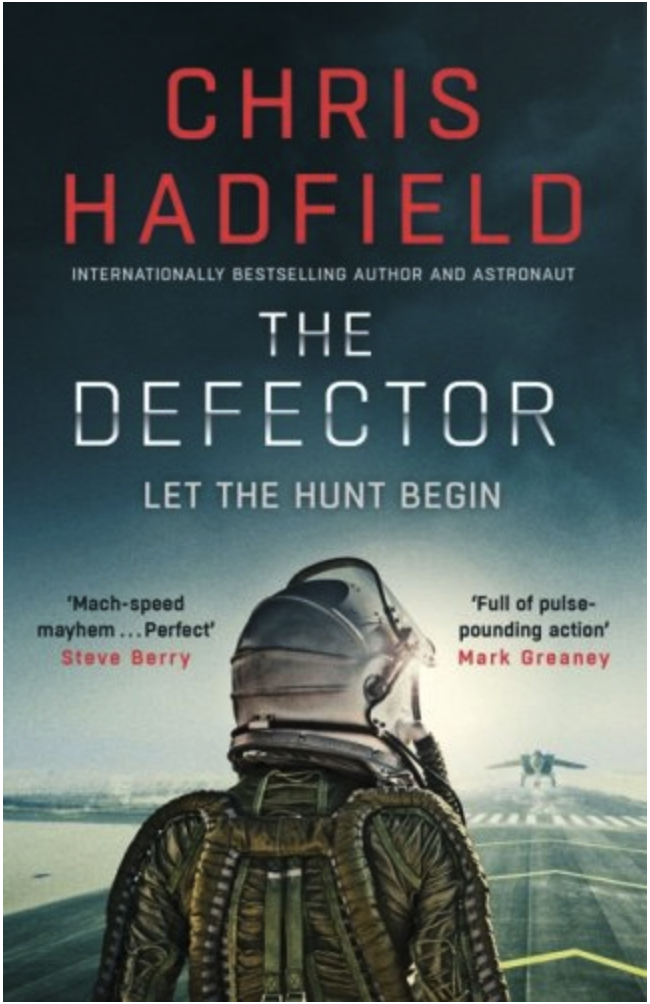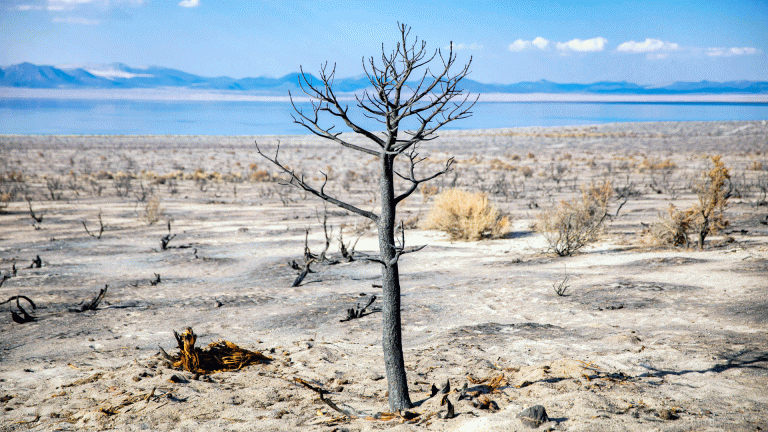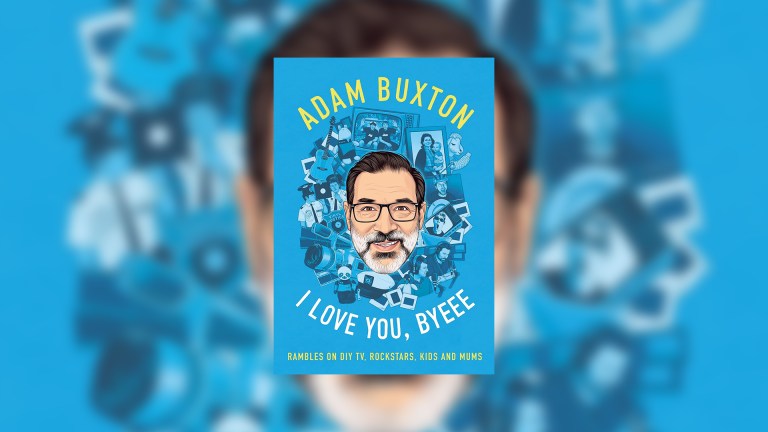“Every single astronaut has to make that personal choice. Some just choose to keep it to themselves, some just share it with their family or friends. But I view it as such an amazing new and very hard-earned human experience that I just thought, I need to share this. And so that’s why I write about it, and record music about it and do television shows about it. And teach about it and develop technologies.”
As that list suggests, Hadfield has approached his post-orbital life with all the velocity of a rocket escaping Earth’s gravity. He’s on the line to The Big Issue because he’s just published his fifth book, having already sold more than a million copies of An Astronaut’s Guide to Life on Earth, You Are Here and his kids book The Darkest Dark.
His latest, The Defector, is the sequel to his internationally bestselling Cold War thriller The Apollo Murders, and again weaves reality with fiction (or as he prefers to frame it, things that “just might have happened”) to pulse-racing effect.
“The Apollo Murders drew very heavily on my spaceflight experience,” he explains. “The Defector is very much on my fighter pilot and test pilot experience.”
It’s the story of a Soviet fighter pilot turning his back on Russia to bring secrets to the West, and – though set in 1973, the middle of the Cold War – its politics feel very relevant. As the war in Ukraine continues to cause untold devastation, the world is once again splintered into opposing sides.
War is the normal state of humanity, says Hadfield. “It’s only when we can somehow organise ourselves and allow civilisation to prevail – especially, hopefully, in times of plenty – that we can find peace. But it’s not our historical norm. We are a combative and jealous and selfish species by our nature. The war in Ukraine is just horrific. But it is unfortunately typical.”
Advertising helps fund Big Issue’s mission to end poverty
Aboard the ISS and at the Yuri Gagarin Cosmonaut Training Center in Star City, just outside Moscow, Chris Hadfield has long worked closely with Russian colleagues. He thinks it’s a mistake to tar the citizens of the country with the actions of their leaders.
“When I was a Cold War fighter pilot, the Soviet Union was absolutely the enemy. I would get scrambled in the middle of the night. I would race out to my F-18, and I would hurtle out over the North Atlantic to intercept armed Soviet bombers that were practising weapons attacks, cruise missile launches on North America. I did that for a living in the 1980s,” he says.
“And yet, by the 1990s, with different political leadership, those same people in Russia were cooperating. I helped build their space station, Mir. I learned to speak Russian, I lived in Russia for five years. Just because Russia right now has a horrific criminal as a leader, that doesn’t mean everybody in Russia suddenly turned into a criminal.”
Some of that Star Trek-like hope is still alive on the ISS, Hadfield argues. “Even though we’re down here, behaving just horrifically in some places around the world, meanwhile, above our heads, some of the most trained and hand-selected individuals from 15 different nations are working 24 hours a day, seven days a week, peacefully, for the common good of humanity. And that includes Russia and the United States.”
Alongside his writing, Hadfield has also committed himself to shaping an environmentally sound future for space travel. In that, he’s been working alongside King Charles and his Sustainable Markets Initiative to write an ‘Astra Carta’. Like a Magna Carta for space, its goal is “to care for the infinite wonders of the universe”.
“Basically,” Hadfield explains, “what are the common human rules for settling the moon, or for using lunar resources or asteroid resources or for putting things in Earth orbit? We need a common ethos
of behaviour.”
Advertising helps fund Big Issue’s mission to end poverty
The Astra Carta comes as billionaire businessmen Elon Musk and Richard Branson are transforming the space industry with their privately owned companies – SpaceX and Virgin Galactic, respectively. Rapidly, these billionaires are becoming the face of the modern-day space race, creating a world in which you no longer have to be a top-of-your-class pilot like Chris Hadfield to go into space. Now, a hefty cheque can get you into zero gravity – though the size of that price tag is coming down.
Chris Hadfield has been an adviser to both SpaceX and Virgin Galactic and has a lot of time for the achievements of their charismatic yet controversial leaders. When I gently suggest they may not quite live up to the courageous space icons of the past, he says we shouldn’t expect people who do incredible things to be ordinary.
Branson, he says, “has been working on that company for over 20 years, investing his own money, and trying to build a successful space access company and very recently succeeded. I commend him for it. It took vision. It took tenacity, it took a big willingness to take risk. And then it took a lot of his own work, and lucre, in order to be able to get this far.”
Elon Musk “has revolutionised access to space, dropped the cost dramatically. He launches a rocket ship every four days, you know? And he’s pushed the very edge of the technology.”
Yeah, they might be weird, but “if we want some of the most imaginative and risk-taking and capable people to do things, we can’t expect them to be normal people. DaVinci was a weird guy. And Galileo was a very strange guy. Our amazing, individual, outstanding thinkers in the past, they haven’t been just run-of-the-mill people. So you know, you’d like to have it both ways, but you can’t. And nobody is perfect. Obviously, everybody has flaws.”
Just like when the car was invented or the first planes took to the air, he says, the regulators are trying to catch up. His aerial combat days behind him, Hadfield is helping create those new rules, encouraging the space sector to act “in a way that is beneficial for humanity”.
Advertising helps fund Big Issue’s mission to end poverty
The Defector by Chris Hadfield is out now (Quercus, £20). You can buy it from The Big Issue shop on Bookshop.org, which helps to support The Big Issue and independent bookshops.
This article is taken from The Big Issue magazine, which exists to give homeless, long-term unemployed and marginalised people the opportunity to earn an income.To support our work buy a copy!
If you cannot reach your local vendor, you can still click HERE to subscribe to The Big Issue today or give a gift subscription to a friend or family member.
You can also purchase one-off issues from The Big Issue Shop or The Big Issue app, available now from the App Store or Google Play.











